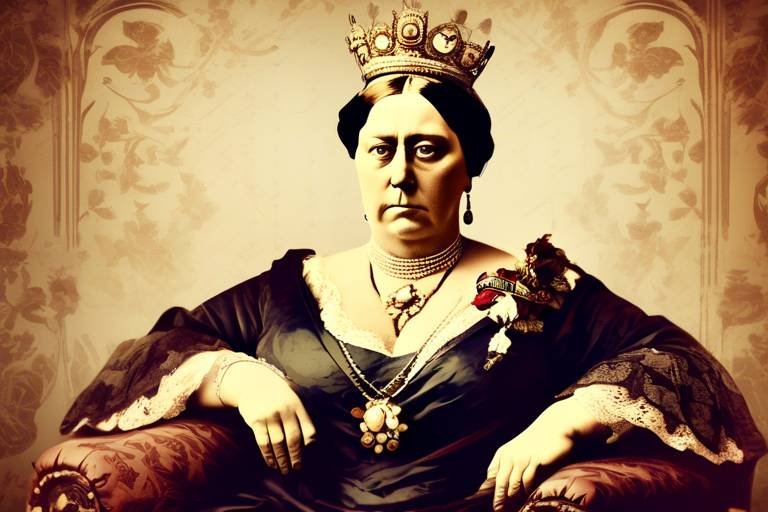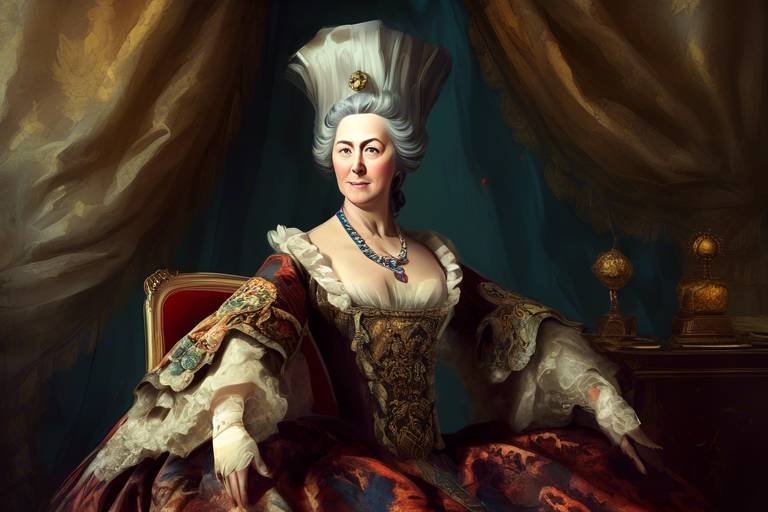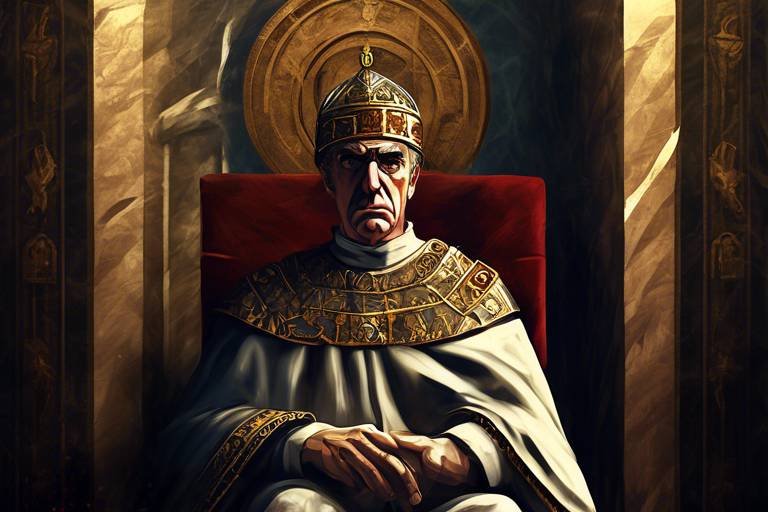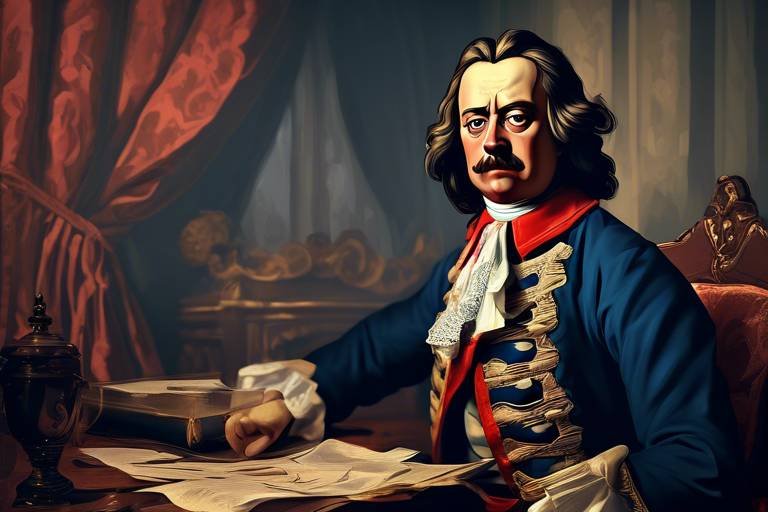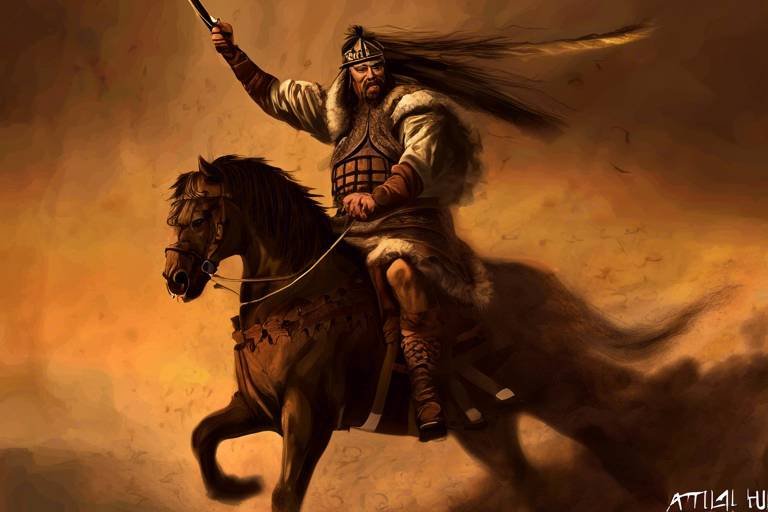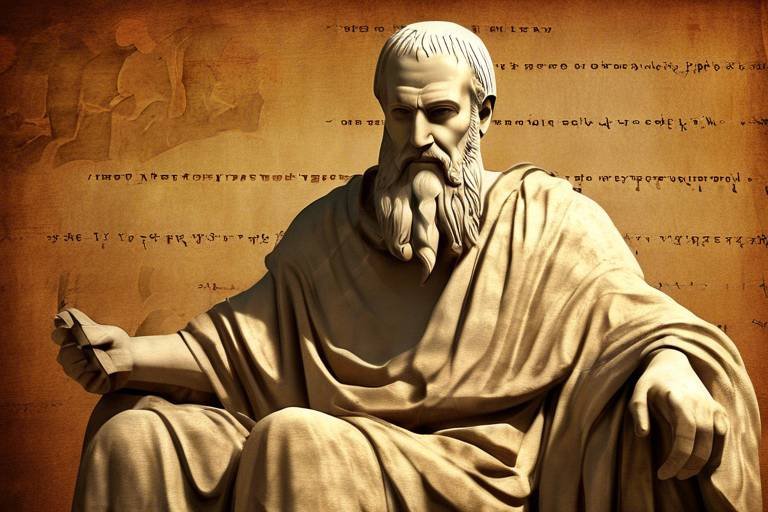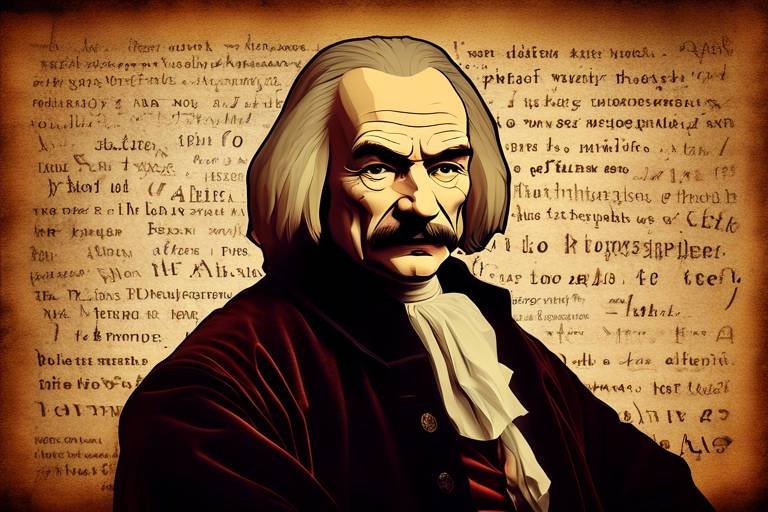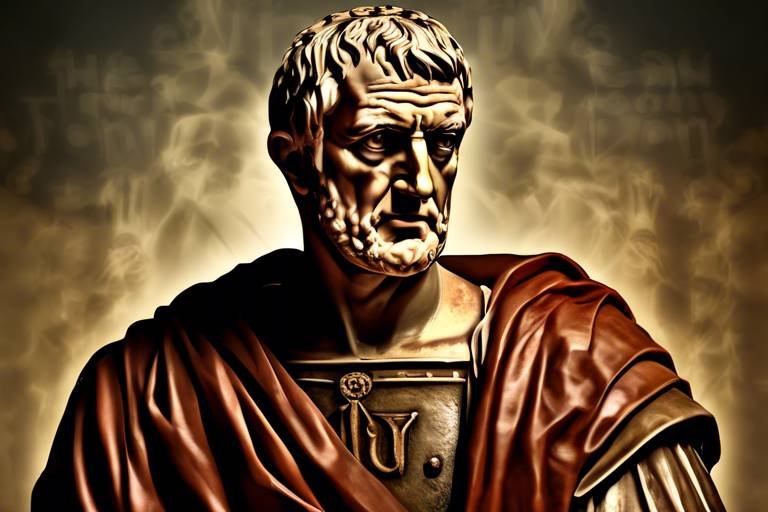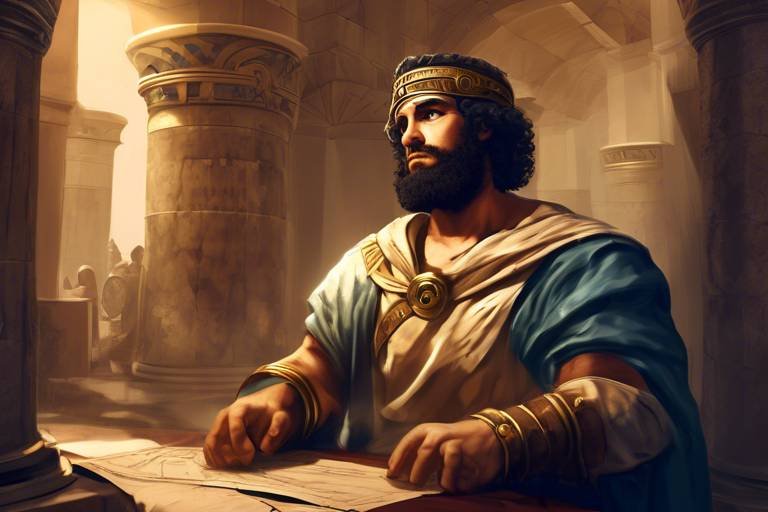Queen Victoria: The Empress of India
Queen Victoria, known as the Empress of India, was a remarkable monarch whose reign left a lasting impact on the British Empire and beyond. Born in 1819, she ascended to the throne at the young age of 18 and reigned for over six decades, making her one of the longest-reigning monarchs in British history. Her rule coincided with a period of significant change and expansion, earning her the prestigious title of Empress of India.

Early Life and Ascension to the Throne
Queen Victoria's early life was marked by a series of events that would eventually lead to her ascension to the throne of the United Kingdom. Born on May 24, 1819, at Kensington Palace, she was the only child of Prince Edward, Duke of Kent, and Princess Victoria of Saxe-Coburg-Saalfeld. Her father's death when she was just eight months old catapulted her to the forefront of the line of succession, as her three uncles had no legitimate heirs. This unexpected turn of events set the stage for her eventual reign as Queen of the United Kingdom.
Victoria's childhood was spent under the watchful eye of her mother and her advisor Sir John Conroy, who aimed to control her upbringing and secure his own position. However, Victoria's strong-willed nature and determination to govern independently began to emerge as she grew older. At the age of 18, following the death of her uncle King William IV, Victoria ascended to the throne on June 20, 1837, marking the beginning of her illustrious reign.
Her coronation as Queen Victoria ushered in a new era for the British monarchy, as the young queen navigated the complexities of royal life and governance with poise and determination. Despite her youth and inexperience, Victoria quickly established herself as a capable and steadfast ruler, earning the respect and admiration of her subjects.

Marriage to Prince Albert
Queen Victoria's marriage to Prince Albert was a pivotal moment in her life and reign as the monarch of the United Kingdom. Their union was not just a royal match but a true love story that deeply influenced Victoria's approach to governance and her role as a queen. Prince Albert, a man of progressive ideas and innovative thinking, became Victoria's confidant and advisor, playing a significant role in shaping her views on politics, culture, and social issues.
The marriage between Queen Victoria and Prince Albert was not just a personal relationship but a partnership that extended to matters of state. Together, they shared a passion for arts, sciences, and philanthropy, leading to the establishment of cultural institutions and charitable organizations that left a lasting impact on British society. Their shared dedication to public service and the betterment of the nation set a new standard for royal involvement in social causes.
Despite facing challenges and obstacles, such as the pressures of royal duties and the public scrutiny of their private lives, Queen Victoria and Prince Albert remained devoted to each other. Their marriage symbolized stability and unity during a period of rapid change and uncertainty, providing a sense of continuity and tradition amidst the evolving landscape of the Victorian era.
Prince Albert's untimely death in 1861 left Queen Victoria in deep mourning, profoundly affecting her personally and politically. The loss of her beloved husband cast a shadow over the remainder of her reign, influencing her attitudes towards governance and her interactions with the British public. Victoria's enduring grief and widowhood became integral aspects of her identity as the "Widow of Windsor," shaping her public image and legacy.

Victorian Era and Industrial Revolution
Queen Victoria, the iconic monarch who ruled over the British Empire during a period of significant change and expansion, earned the title of Empress of India. Her reign was marked by a combination of surprise and explosion, shaping the course of history in profound ways.
During the Victorian Era, Queen Victoria presided over a time of immense societal, cultural, and economic transformation. The Industrial Revolution, characterized by rapid industrial growth and technological advancements, revolutionized British society. Factories sprung up like mushrooms after a rain, spewing smoke and churning out goods at an unprecedented pace. The clanking of machinery became the heartbeat of the nation, driving progress and innovation forward.
The landscape of the country changed drastically, with bustling cities emerging as centers of industry and commerce. Steam engines powered trains that crisscrossed the land, connecting distant corners of the empire like never before. The rhythm of life accelerated, mirroring the relentless march of progress that defined the era.
The Industrial Revolution brought both marvels and miseries. While it ushered in an era of prosperity and technological advancement, it also led to harsh working conditions for many, especially the lower classes. The clash of wealth and poverty created a stark contrast, painting a complex portrait of Victorian society.
1. What was Queen Victoria's role in the Industrial Revolution?
2. How did the Industrial Revolution impact British society during the Victorian Era?
3. What were some of the key inventions and advancements of the Industrial Revolution?
4. How did the Industrial Revolution shape the global landscape during Queen Victoria's reign?

Expansion of the British Empire
During Queen Victoria's reign, the British Empire experienced significant expansion, solidifying its status as a global superpower. Queen Victoria played a pivotal role in this expansion, overseeing the acquisition of territories and the establishment of colonies across the world. One of the most notable aspects of her reign was the designation as the Empress of India in 1876, symbolizing the Empire's dominance in the Indian subcontinent.
Under Queen Victoria's rule, the British Empire reached its territorial zenith, encompassing a vast and diverse array of lands and peoples. The imperial policies implemented during her reign aimed to strengthen British influence and control over strategic regions, facilitating trade and economic growth for the Empire. This era of expansion marked a period of unparalleled power and influence for the British Empire, shaping global politics and trade networks.
The expansion of the British Empire under Queen Victoria also brought about significant cultural exchanges and interactions between Britain and its colonies. The spread of British values, institutions, and technologies had a lasting impact on the societies and cultures of the territories under British rule. This exchange of ideas and practices contributed to the shaping of modern nations and identities across the globe.
Furthermore, Queen Victoria's role as the Empress of India highlighted the Empire's focus on consolidating control over one of its most valuable territories. The integration of India into the British Empire not only brought immense wealth and resources to Britain but also led to the imposition of British laws, customs, and governance structures in the region. This period of imperial expansion and consolidation laid the foundation for the enduring legacy of British influence in India.

Golden Jubilee and Diamond Jubilee
Exploring the life and reign of Queen Victoria, the iconic monarch who ruled over the British Empire during a period of significant change and expansion, earning the title of Empress of India.
Queen Victoria's Golden Jubilee in 1887 marked her 50 years on the throne, a remarkable milestone that showcased her enduring reign and popularity among her subjects. The celebrations were grand and extravagant, reflecting the prosperity and stability of the British Empire under her rule. The Diamond Jubilee in 1897 further solidified her status as one of the longest-reigning monarchs in British history, with 60 years of leadership. The Diamond Jubilee festivities were even more elaborate, with parades, feasts, and events held across the empire to honor Queen Victoria's remarkable reign.
During the Golden Jubilee, Queen Victoria's subjects from all corners of the empire came together to celebrate her reign and express their loyalty and admiration. The jubilee events served as a unifying force, highlighting the connections between the diverse territories under British rule and emphasizing the strength of the empire under Queen Victoria's guidance.
The Diamond Jubilee, a decade later, was a testament to Queen Victoria's enduring influence and significance. It symbolized her long and prosperous reign, during which the British Empire experienced unprecedented growth and global dominance. The jubilee celebrations not only honored Queen Victoria's personal achievements but also commemorated the empire's progress and achievements under her rule.
Both the Golden Jubilee and Diamond Jubilee were pivotal moments in Queen Victoria's reign, showcasing her ability to maintain stability and unity within the empire while also fostering a sense of national pride and identity among her subjects. The jubilees were not just royal celebrations but also reflections of the era's cultural and societal values, leaving a lasting impact on British history and the perception of monarchy.
1. What was the significance of Queen Victoria's Golden Jubilee and Diamond Jubilee?
2. How did the jubilees reflect the state of the British Empire during Queen Victoria's reign?
3. What were some of the key events and ceremonies held during the Golden and Diamond Jubilees?
4. How did Queen Victoria's jubilees contribute to her legacy as a monarch?

Legacy and Influence
Exploring the life and reign of Queen Victoria, the iconic monarch who ruled over the British Empire during a period of significant change and expansion, earning the title of Empress of India.
Queen Victoria's legacy is deeply ingrained in the annals of history, leaving an indelible mark on the world. Her reign not only shaped the course of the British Empire but also influenced global politics and societal norms for generations to come. As the embodiment of a constitutional monarchy, Victoria's impact transcended borders, setting a precedent for future rulers.
One of the most enduring aspects of Queen Victoria's legacy is her role in defining the modern concept of the royal family. Through her devotion to duty and family values, she established a model of monarchy that emphasized public service and moral responsibility. This legacy continues to resonate in the actions of contemporary royals, shaping their public image and interactions with society.
Furthermore, Queen Victoria's influence extended beyond the confines of the British Isles, reaching the far corners of the globe. Her designation as the Empress of India symbolized the vast expanse of the British Empire and highlighted her role as a unifying figure for diverse cultures and peoples. The imperial policies implemented during her reign laid the groundwork for Britain's global dominance, leaving a lasting impact on the countries under its rule.
In assessing Queen Victoria's legacy, it is essential to consider the societal changes that occurred during her reign. The Victorian era was characterized by rapid industrialization, urbanization, and societal reforms, all of which shaped the modern world. Victoria's commitment to progress and innovation paved the way for advancements in technology, science, and culture, ushering in a new era of prosperity and development.
Despite controversies surrounding her reign, particularly regarding colonialism and imperialism, Queen Victoria's enduring influence cannot be denied. Her legacy continues to spark debates and discussions about the complexities of history, prompting us to reflect on the impact of past actions on the present. As we navigate the complexities of a changing world, Queen Victoria's legacy serves as a reminder of the enduring power of leadership, compassion, and vision.

Death and Mourning
Queen Victoria, the iconic monarch who ruled over the British Empire during a period of significant change and expansion, earned the prestigious title of Empress of India. Her reign was marked by both surprise and explosion, shaping the course of history in profound ways.
Reflecting on the circumstances surrounding Queen Victoria's death brings a somber yet significant chapter in history to light. Her passing marked the end of an era for the British Empire, leaving a void that reverberated across nations. The period of mourning that followed was a testament to the deep respect and admiration the Queen commanded, not only as a ruler but as a symbol of an era.

Historical Assessments and Controversies
As time has passed since Queen Victoria's reign, historians and scholars have offered various assessments of her legacy, sparking debates and controversies. Some view her as a symbol of stability and progress during a period of significant change, highlighting her role in shaping the modern British monarchy. Others criticize her imperialistic policies and the impact of British colonialism under her rule.
One of the key controversies surrounding Queen Victoria is her relationship with India and the title of Empress. While some argue that her designation as Empress of India was a strategic move to solidify British control over the region, others see it as a symbol of her respect for Indian culture and tradition. The effects of British imperialism in India during her reign continue to be a topic of debate and reflection.
Additionally, assessments of Queen Victoria's personal character and influence on politics vary among historians. Some praise her for her dedication to duty, her strong leadership during times of crisis, and her support for social reforms such as the abolition of slavery. However, others criticize her for being overly conservative, resistant to change, and detached from the realities of her subjects.
Furthermore, the impact of Queen Victoria's reign on global politics and the British Empire's relationship with other nations remains a subject of historical scrutiny. The expansion of the British Empire under her rule, while contributing to Britain's economic prosperity, also led to conflicts and tensions with other world powers. Assessing the overall consequences of her imperial policies requires a nuanced understanding of the complexities of 19th-century geopolitics.
In conclusion, the historical assessments and controversies surrounding Queen Victoria's reign reflect the complexities of her legacy and the enduring impact of her rule on British and world history. As historians continue to reevaluate her contributions and decisions, the debates surrounding her reign serve as a reminder of the multifaceted nature of monarchy and imperialism in the modern era.
Frequently Asked Questions
- 1. What was Queen Victoria's full name?
Queen Victoria's full name was Alexandrina Victoria.
- 2. How long did Queen Victoria reign?
Queen Victoria reigned for 63 years, from 1837 to 1901, making her the longest-reigning British monarch at that time.
- 3. What was Queen Victoria's relationship with Prince Albert?
Queen Victoria had a deep and loving relationship with Prince Albert, whom she married in 1840. Their marriage was considered a great love match and they had nine children together.
- 4. What was the significance of Queen Victoria's Golden and Diamond Jubilees?
The Golden Jubilee marked 50 years of Queen Victoria's reign, while the Diamond Jubilee celebrated her 60-year reign. These events were significant milestones in British history and showcased the enduring impact of her rule.
- 5. How did Queen Victoria's reign impact the British Empire?
Queen Victoria's reign saw the expansion of the British Empire to its peak, with her being crowned Empress of India. Her policies and influence shaped the empire's growth and governance during that era.
- 6. What is Queen Victoria's legacy?
Queen Victoria's legacy includes her influence on constitutional monarchy, her role in shaping British society during the Victorian era, and her lasting impact on global politics and culture.

